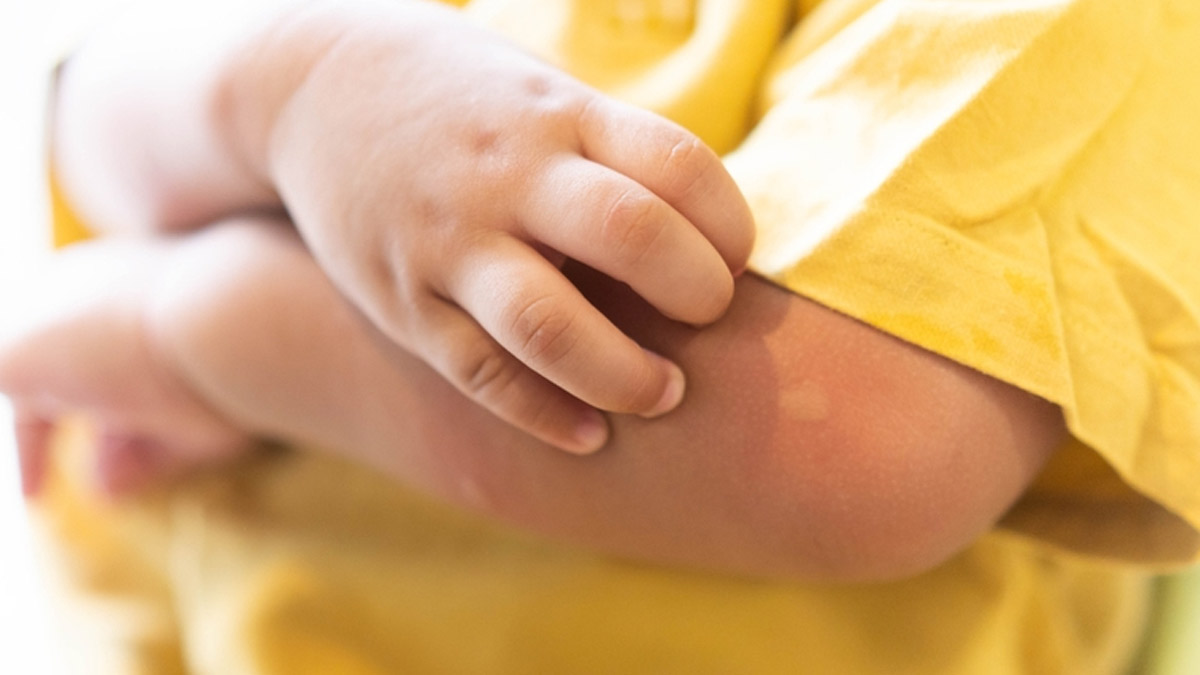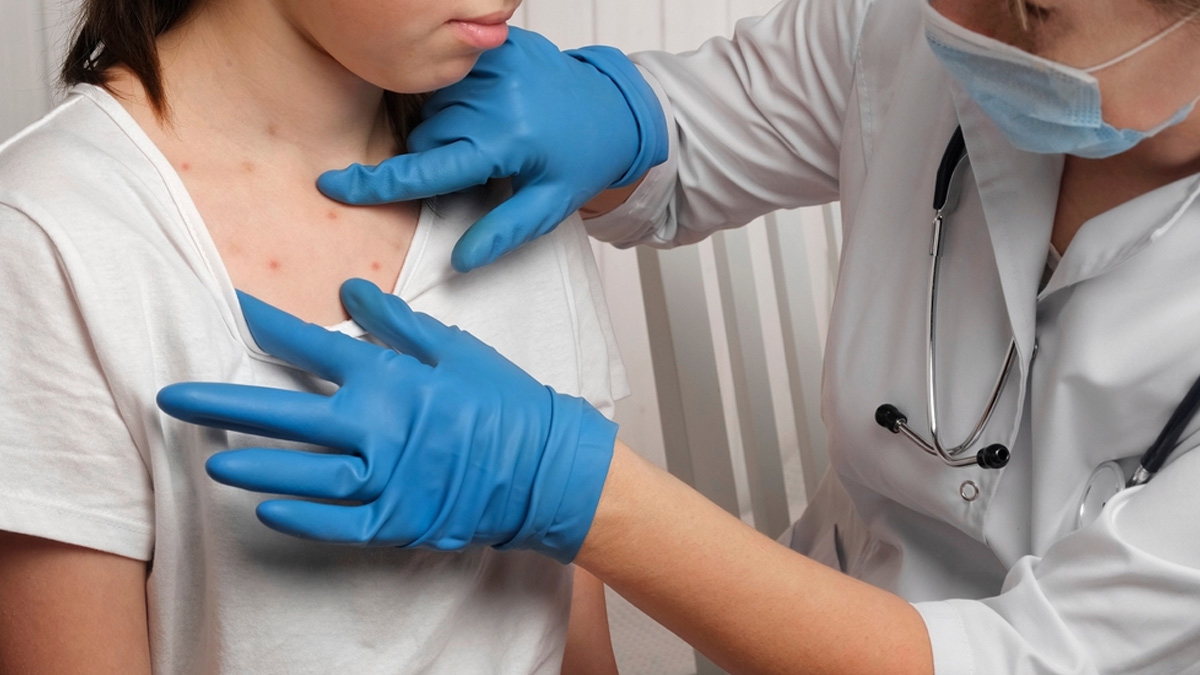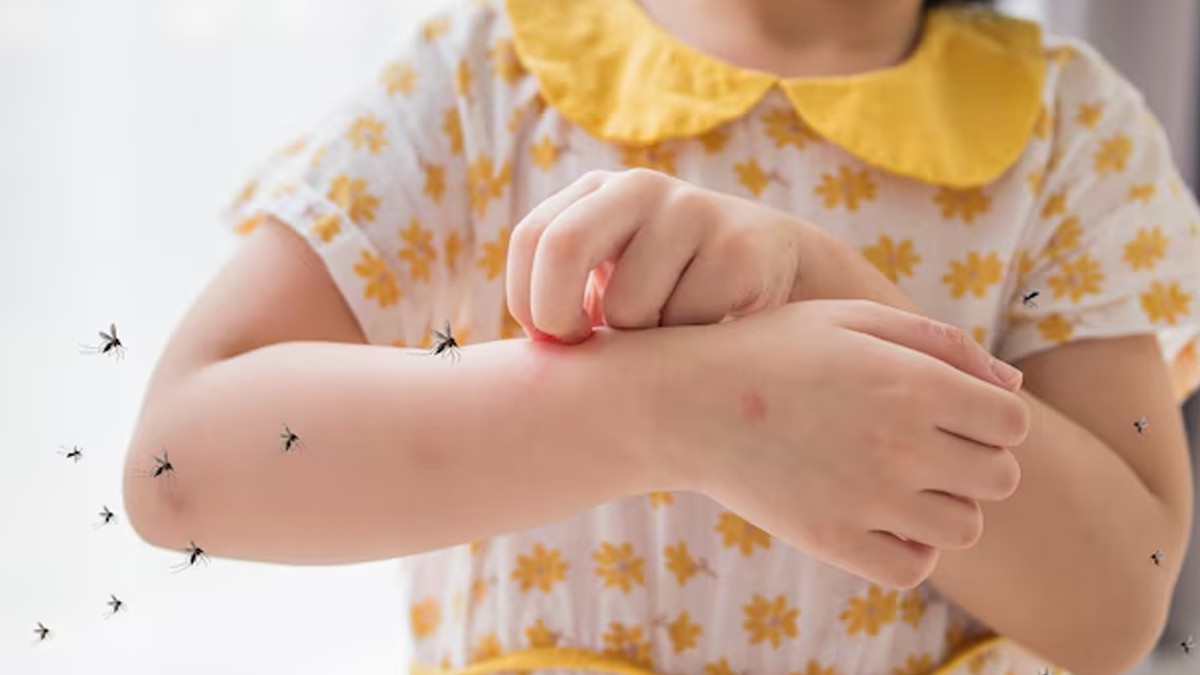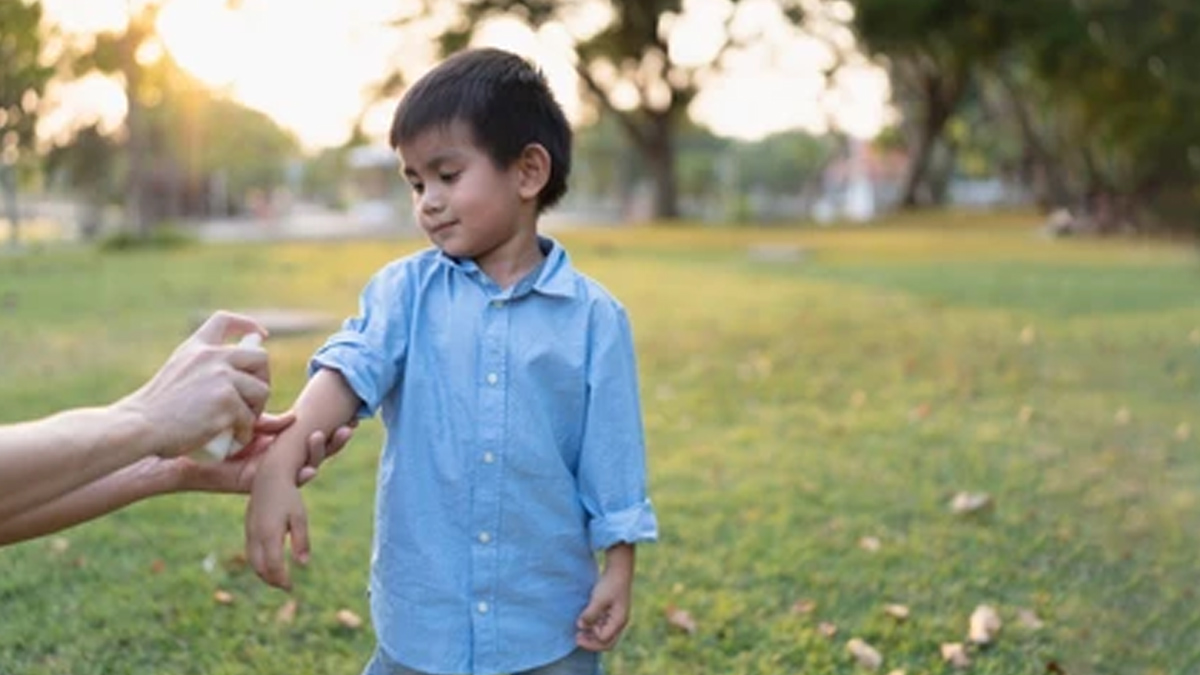
As the monsoon season begins in many parts of India, the threat of dengue becomes a major concern for adults and children alike. Rainfall creates an ideal breeding environment for mosquitoes, particularly the Aedes species, which are responsible for transmitting the dengue virus. In fact, doctors at Motherhood Hospitals are seeing a significant increase in dengue cases among children, with an average of 10 cases reported daily, translating to approximately 300–400 cases per month.
Table of Content:-
In an interaction with the OnlyMyHealth team, Dr Sudhir U, Consultant - Paediatrician and Neonatologist, Motherhood Hospitals, Electronic City, Bengaluru, sheds light on the kind of symptoms parents should watch out for in children and the measures they should take.
Also Read: Dengue Prevention During Monsoon: Essential Tips For Staying Safe
Symptoms Of Dengue In Children

“Children afflicted with early stages of dengue can experience fatigue, headaches, and nausea, which are some of the more common symptoms of dengue,” says Dr Sudhir, adding that such symptoms are indicative of the early stages of dengue and recognising them in this stage is essential for immediate treatment and medical care.
According to the doctor, when dengue manifestation is more advanced, symptoms are more intolerable, including severe vomiting and bleeding.
Therefore, he urges parents to take the necessary precautions to avoid mosquito bites and the spread of dengue infection. “Medical aid at earlier stages is far more helpful in protecting the child from such serious symptoms,” he notes.
Measures Parents Can Take To Protect Their Children

Here are some precautionary steps parents can take to protect their children:
- Removing or cleaning stagnant or standing water (as these are breeding grounds for mosquitoes)
- Using mosquito repellents on the skin and clothes
- Making children wear protective clothing that covers exposed skin to the best of their ability, i.e., full-sleeved shirts rather than sleeveless or half-sleeved t-shirts
Dr Sudhir says, “Prevention is the best cure, and employing such measures can ensure that severe symptoms are avoided.”
Post-Dengue Care For Kids

If your child has already developed dengue and is receiving treatment for it, it is important that you take proper care to speed up the recovery.
Dr Sudhir says, “In severe cases, one’s child may experience repeated and severe vomiting, and it is thus essential to ensure adequate hydration and nutritional intake for the health of the child.”
He adds, “It is also important to provide immediate medical aid and follow the advice of medical professionals in terms of the care and protection of the child from severe symptoms. Ensuring a stress-free environment and regularly applying a cool, wet, or damp cloth to the forehead of one’s child can provide comfort and relief from severe symptoms and thus allow your child to be a little more comfortable.”
Also Read: The Risk Of Severe Dengue, Possible Death: Actions To Take Before It's Too Late
Conclusion
Dengue is a condition that can be life-threatening if not diagnosed and treated on time. Children are also susceptible to it, and with the increasing cases reported by doctors, parents should take all necessary precautions. If dengue cases are on the rise in your area, ensure that your child does not engage in outdoor activities. If they do, make sure they use mosquito repellents, wear full-sleeved clothing, and avoid exposing their skin. Consult with your doctor if you’re concerned about your child’s health and discuss protective steps you can take.
Also watch this video
How we keep this article up to date:
We work with experts and keep a close eye on the latest in health and wellness. Whenever there is a new research or helpful information, we update our articles with accurate and useful advice.
Current Version